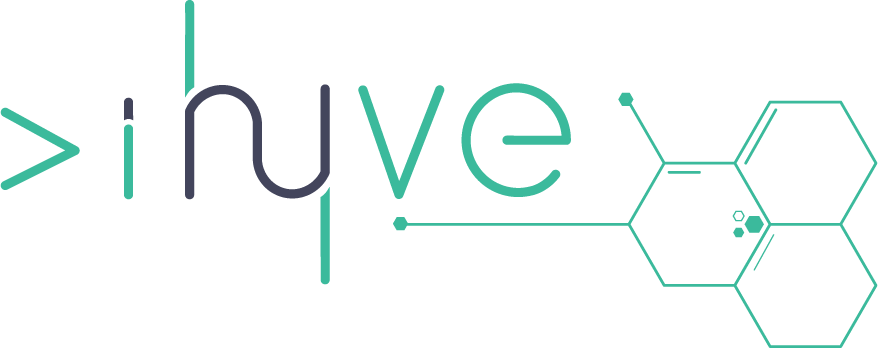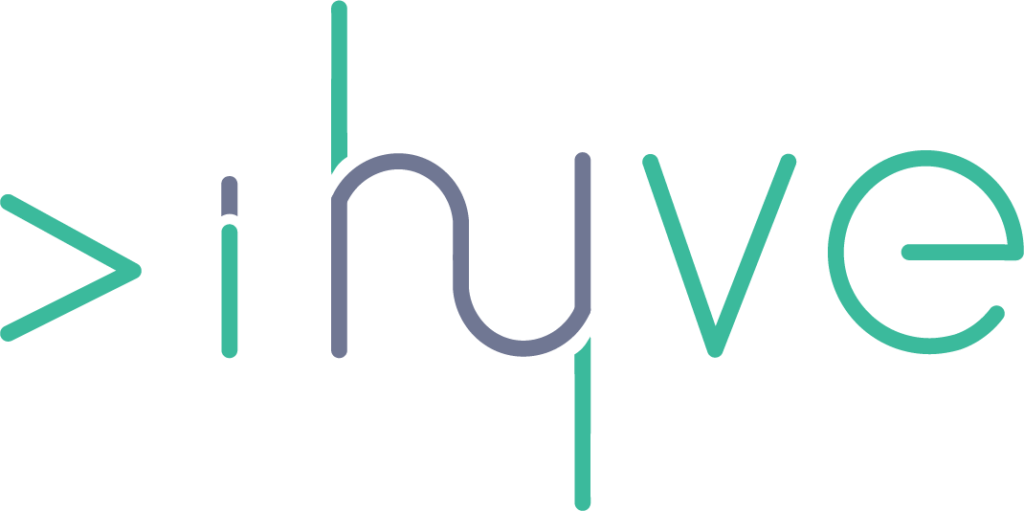In early September, the Financial Conduct Authority (FCA) announced its new crypto marketing rules to improve consumer safety when investing in digital assets. In a similar vein, the Hong Kong Monetary Authority (HKMA) has now warned crypto firms against using banking terminology to protect consumers and improve transparency.
The HKMA has identified that some crypto firms are using banking terminology in their marketing. They are using phrases such as “banking accounts”, “digital trading bank”, “crypto bank” and “savings plans” to name a few. These words and phrases are synonymous with banks, and as a result, the security banks provide. However, this level of banking security is not something crypto firms can provide and as a result is a misrepresentation of their services if included in their marketing.
HKMA states: “Under the Banking Ordinance, only licensed banks, restricted licence banks and deposit-taking companies (collectively known as “authorised institutions”), which have been granted a licence by the HKMA can carry out banking or deposit-taking business in Hong Kong.” Crypto firms describing themselves or their products in this way are in violation of the Banking Ordinance.
The regulator makes references to sections 11, 12, 92 and 97 of the Banking Ordinance, reinforcing that businesses without the license cannot take or encourage deposits from consumers. Consumers who ‘deposit’ funds in ‘crypto banks’ are not covered by the Hong Kong Deposit Protection Scheme.
A question of trust
Many crypto firms now find themselves in a catch-22. The very nature of cryptocurrencies is extremely volatile, which can cause concern for investors. Not to mention the investment horror stories which have left many bankrupt (e.g FTX and Terra Luna‘s crashes). Legitimate crypto firms trying to establish an honest reputation may have used banking terminology as a way to combat the negative press. However, in trying to do so, they could now face backlash and an even bigger mountain to climb to gain consumer trust.
Daniel Fogg, CEO of IOV Labs
Daniel Fogg, CEO of IOV Labs, the decentralised tool provider explains: “Unfortunately, there is still a lack of consumer trust. This can partially be attributed to misleading social media marketing campaigns which promote tokens that aren’t the premium assets we know store value, like Bitcoin or USDC, often resulting in scams.
“Balanced regulations are a good thing, as they provide clarity around the types of business and products that can be built and run, whilst also offering consumers with protection from bad actors and fraudulent activities.
“However, without balance, these regulations have the potential to constrain technological innovation, often prohibiting the growth of small businesses building on the blockchain. With the right regulations in place, consumers and businesses would be protected, whilst promoting economic growth through innovation. However, it’s a fine balance to strike.
“It’s important to recognise that building trust will take time, and it’s unlikely that we’ll see global adoption of a radical new technology before people become comfortable with it.”
Creating an honest and transparent market
Ultimately, by using banking terminology, crypto firms are not being honest with their customers. In order to entice new consumers into the crypto world, firms must portray themselves honestly.
Nicky Senyard, CEO and founder, Fintel Connect
To avoid consumers being misled, Nicky Senyard, CEO and founder of Fintel Connect, the marketing tech company, points out: “It is critical for all financial institutions, including crypto firms, to adhere to regulatory standards and avoid misleading consumers. This means that crypto firms need to prioritise clarity in their messaging and ensure they accurately represent their services without using language that may confuse or mislead readers.
“When crypto firms promote themselves to new consumers, they should focus on transparency, education, and compliance. Clear and accurate communication about their offerings, including the absence of traditional banking services, is essential.
“It’s important for the industry to collaborate with regulators, embrace best practices, and prioritize consumer education. Upholding these standards is not only a regulatory necessity but a fundamental step towards long-term growth and acceptance within the financial ecosystem.”
Transparent terminology
Peter Eberle, president at Castle Funds
Banking terminology isn’t necessary according to Peter Eberle, president at Castle Funds, the digital currency price fund manager. He offers some alternatives.
“The driving force behind most digital asset innovations is the improvement of inefficiencies in traditional finance systems, such as slow and expensive payments, opaque reporting mechanisms, and access to credit and borrowing. So, it’s unsurprising that many digital asset innovators use traditional banking terms to describe their proposals.
“However, the use of these terms, such as ‘account’, deposit’, and ‘interest’, can be misleading to consumers. They imply safeguards and regulatory oversight, which may not be present or may not work in the way they do in traditional finance. For example, a consumer who holds an ‘account’ at a digital asset exchange may reasonably expect that their account is covered by deposit insurance, such as that provided by the SIPC or FDIC in the US.
“A ‘wallet’ better describes the consumer experience with most digital asset programs. Consumers are used to gift cards, transit cards, and other stored value products that are not banking products. If a consumer carries cash in a physical wallet and then misplaces it, the cash (and value) is lost, and most insurance policies do not cover losses outside of theft.
“Another example would be ‘rewards’ for staking digital assets. Describing these rewards as “interest” risks confusion with banking products where the bank must pay these funds. Describing these as “rewards,” on the other hand, matches other types of non-interest programs such as loyalty points at the neighborhood coffee shop or supermarket. The expectation of rewards is different from the regulatory requirement to pay interest.”
Exclusive crypto terminology?
Julian Deschler, co-founder of Elusiv
Julian Deschler, co-founder of Elusiv, a Web3 privacy protocol also provided some alternatives. “Under the HKMAs announcement terminology like ‘be your own bank’ could be flagged. I think terms like ‘non-custodial’ and ‘self-ownership’, should be exclusively used by crypto projects.
“Generally, we tend to try and bridge messaging to target consumers of traditional solutions but we are still in the early days and need to focus on establishing the crypto-native terms as commonplace. We need to be the proprietors of this new class of terms and focus on educating new consumers. Storytelling and compelling narrative development should be priority for communicators of the crypto space to improve understanding and trust — not using terms from an industry we are inherently reimagining.”
The post HKMA Ban of Crypto Firms Using Banking Terminology Sets Crypto Transparency Precedent appeared first on The Fintech Times.






